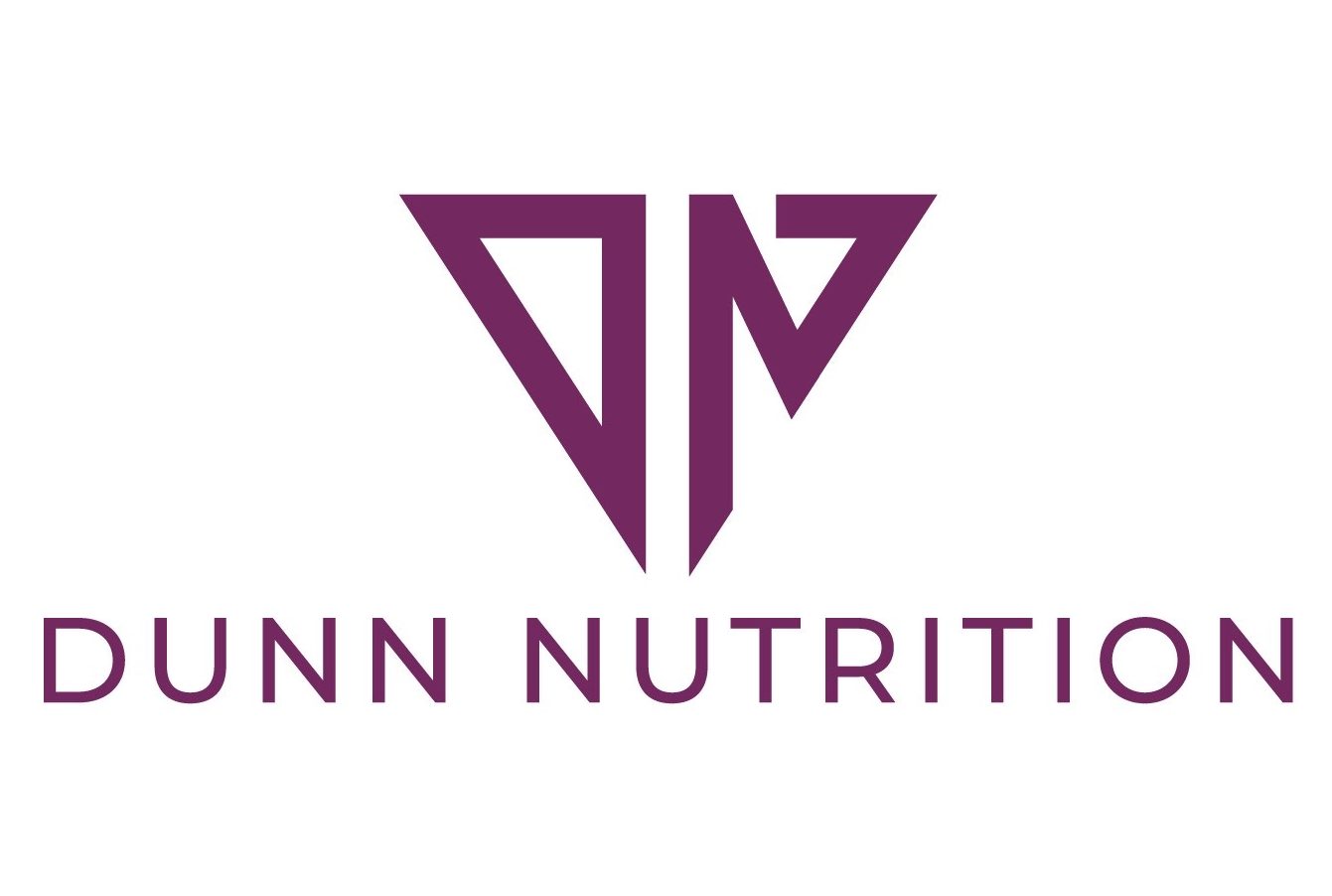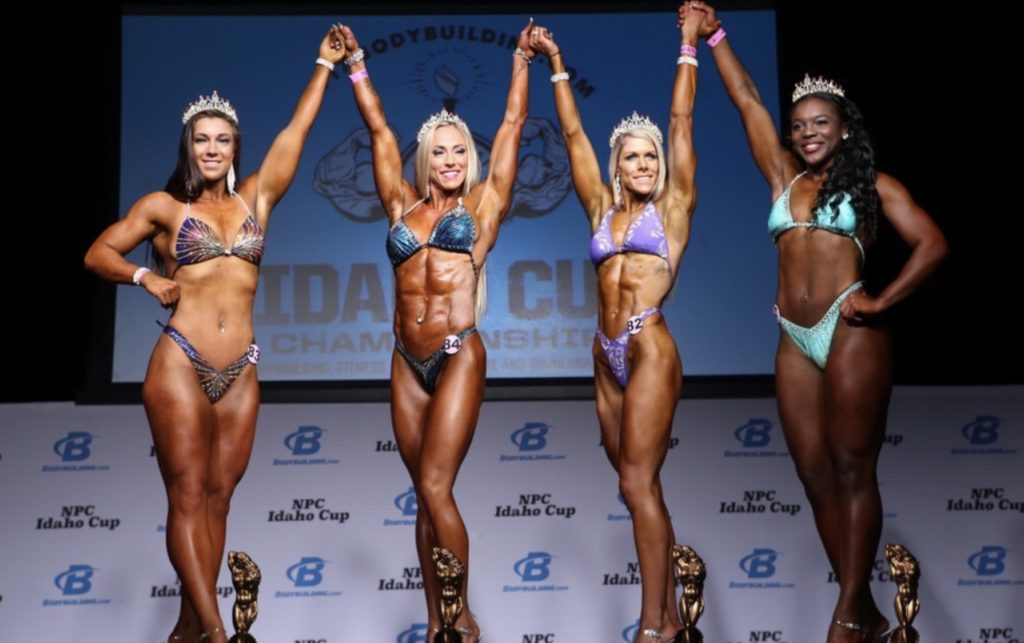Brittany Dunn: Philadelphia Eagles Performance Chef/Dietician
It’s always a privilege to interview professionals in the industry, like Brittany Dunn, who can bring value to those who follow my work here on Weik Fitness. As many of you know, I’m based out of Pennsylvania, and for those of us on the eastern side of the state, we support the Philadelphia Eagles.
Today’s interview is with Brittany Dunn, Performance Chef/Dietician for the Philadelphia Eagles and owner of Dunn Nutrition.
For those of you who follow my work, I’ve also interviewed Mike Minnis, the Philadelphia Eagles Performance Nutrition Coordinator.
I hope you enjoy our interview with Brittany Dunn!

Brittany Dunn Interview: The Importance of Nutrition for Athletes
Below is an interview with Brittany Dunn where we discuss what she does, along with a ton of insight as to how athletes should look at recovery, their nutrition, and some gems that you can utilize in your own life to improve your workout and training recovery through proper nutrition and supplementation.
1. For those who don’t know your background, can you explain a little bit about who you are and what you do?
Brittany Dunn: I am an athlete, and music nerd turned performance dietitian and chef. My primary professional goal is to develop recipes and cook meals for athletes who have specific dietary and performance needs. This can range anywhere from vegan/vegetarian, clean eating, gluten-free, and weight maintenance, -loss, or -gain.
Before creating a program for the athlete, we will have a consultation to discuss performance goals and nutrition preferences.
Additionally, I am responsible for recovery nutrition. I develop recipes high in protein that the athletes can grab after a lift or practice. And not to brag, I am also very well-known throughout the building for my delicious overnight oat recipes.

2. How does the nutrition of athletes differ from the normal population?
Brittany Dunn: For this question, I would consider rephrasing it. A lot of people are athletes in their own right. For instance, I would consider both a college tennis player and a Blue Devils Drum Corp member to be athletes. The biggest thing to consider is the level of physical demand, amount of training per day, and competition.
I think the best separation between the two groups is elite athletes as opposed to recreational exercisers. The goal of sports nutrition suggestions is to get the most optimal results out of training and performing our best. Because each athlete is unique, both elite and recreational, it is important to experiment with different fueling practices to learn what works for them individually.
3. Do you find the needs of professional athletes differ from those of high school or college athletes?
Brittany Dunn: For sure! Because of the increased training requirements and pressures to perform at the highest level for personal, team, and financial motivations, proper nutrition is often a priority for professional athletes.
In terms of nutrition for high school athletes, while you can still provide recommendations to support sports performance, as a dietitian, you must also address nutrition for proper growth and development. With both high school and collegiate athletes, it is important to consider that they are students as well. In addition to nutrition for sport, attention is also on nutrition for mental performance in the classroom while still tackling meal timing around classes, study time, sleep, and other responsibilities.
Related Article: Proper Form is Key
As for professional athletes, their whole day is generally focused on their sport. They are continually engaging in repetitive movements that can affect tendons, joints, bones, and brain function. Considering this, it’s super important for nutrition to be implemented as a form of injury prevention as the athlete relies on their sport professionally. With the high physical demand of the sport and the nutrition needed to support performance and recovery, supplement use is much higher in a professional sports setting.
Regardless, when I look at the similarities between all three, emphasis is still placed on the timing of meals, consuming a variety of foods to ensure adequate macronutrient and micronutrient intake, and focusing on proper recovery with carbohydrates, proteins, and fluids with electrolytes.
4. What are some key things that athletes need to focus on to improve their health and performance?
Brittany Dunn:
1. Prioritize Sleep
Sleep determines how the following day can go. Good sleep allows for better energy, efficiency, and mindset. Poor sleep already puts you behind for the day. There are plenty of things competing for your time and attention, and sleep should be prioritized near the top of that list.
Inadequate sleep can elevate the risk for injury and recovery, decrease athletic performance, increase the risk for mental health issues, and impair academic performance.
In grad school, I did a lot of training preparing for my first bodybuilding competition. Not only was it hard enough to juggle schoolwork with training, but I was also in Army ROTC and played rugby on a traveling club team. During that time, I really wasn’t prioritizing my sleep, and my body felt that. At that point, I was pushed to evaluate and develop a sleep schedule that would allow for proper mental and physical recovery.
In the moment, when you choose to stay up a little later to finish an assignment or the final episode of a tv show, it may do more harm than good with respect to athletic performance. My suggestion to athletes is to try to maintain a regular sleep schedule, and if that is not possible, develop a bedtime routine that is practiced regularly.
2. Hydration
Hydration is key! Hydrated cells are critical to getting the most out of daily training and facilitating recovery. I encourage athletes to develop strategies to monitor and adapt to an individual hydration plan according to training intensity, duration, frequency, and location/temperature.
3. Recovery Nutrition
When I say recovery nutrition, I’m not only speaking only about protein. All we hear is protein, protein, protein. But if we only focus on that one macronutrient, our body will be missing out on so many other things not just to properly fuel us as athletes but also to function as a normal human being.
Related Article: What is the Pegan Diet & Should You Consider Trying It?
For effective recovery, athletes should consume carbohydrates to replenish muscle glycogen, proteins sources (including key amino acids) to repair and regenerate muscle, colorful antioxidant-rich foods to help reinforce immune function, central nervous system function, and muscle cells, and fluid and electrolytes to rehydrate according to how much sweat was lost during training or competition.

5. Do you recommend that athletes utilize any supplements to enhance their results? If so, what?
Brittany Dunn: I support the proper use and timing of supplements for the athlete to get the most out of its use. While I do advocate getting as many nutrients as you can through food, I also understand that this may be difficult because of higher needs, digestion and absorption issues, and restrictive diets.
Something that I like to do with athletes, when possible, is getting a good history of nutrition intake, performance, and bloodwork. These factors can be very helpful when considering nutritional supplements, however, if they are not available, ensure to monitor how athletes feel during performance and recovery and assess food intake to consider if it meets the needs.
Some supplements that typically can be beneficial are vitamin D and omega-3s, a quality plant-based or whey protein powder, and creatine.
Before use, confirm that the supplements you choose comply with the rules of the governing body of your sport and are safe. Look for NSF Certified for Sport or Informed-Sport Certified labels on the package or an online search.
If you have the option, I highly suggest arranging a consultation with a sports dietitian to conduct a nutrient analysis, offer specialized nutrient and supplement suggestions, and develop an individualized nutrition strategy centered on your goals.
6. What is one area that athletes are deficient in or have a lack of focus in terms of their nutrition?
Brittany Dunn: Straight up, I have encountered a lot of athletes who just aren’t eating enough food to support their performance demands. There have been so many occasions when athletes have come up to me saying that they just have no energy left after practice or they barely made it through. After discussing what they ate prior, it was very apparent that it was just not enough!
It’s imperative to consume enough energy through food to fuel performance. Energy availability is the amount of dietary energy left after exercise that is available for other physiological functions. Low energy availability (LEA) happens when the calorie intake is not enough to meet the energy essential for daily living on top of the demands for athletic training.
With this, I’ve seen athletes have issues with relative energy deficiency (RED-S) and the female athlete triad. While there are so many reasons why an athlete may be susceptible to LES, it is important to understand that LES can put you at greater risk for additional health consequences and ultimately cannot contribute to an athlete reaching optimal performance.
I urge both elite and recreational athletes to seek guidance from a registered dietitian if they are experiencing related problems.

7. Thank you for your time, Brittany Dunn! Where can people learn more about you or follow you on social media?
Brittany Dunn: People can find me on social media at my personal IG @brittanyd_rd or my business IG @dunnnutrition.


*Disclosure: This article may contain affiliate links or ads, which means we earn a small commission at no extra cost to you if you make a purchase through these links. These commissions help support the operation and maintenance of our website, allowing us to continue producing free valuable content. Your support is genuinely appreciated, whether you choose to use our links or not. Thank you for being a part of our community and enjoying our content.
PLEASE CONSIDER SHARING THIS ON YOUR SOCIAL MEDIA TO HELP OTHERS LEARN MORE ABOUT THIS TOPIC.





